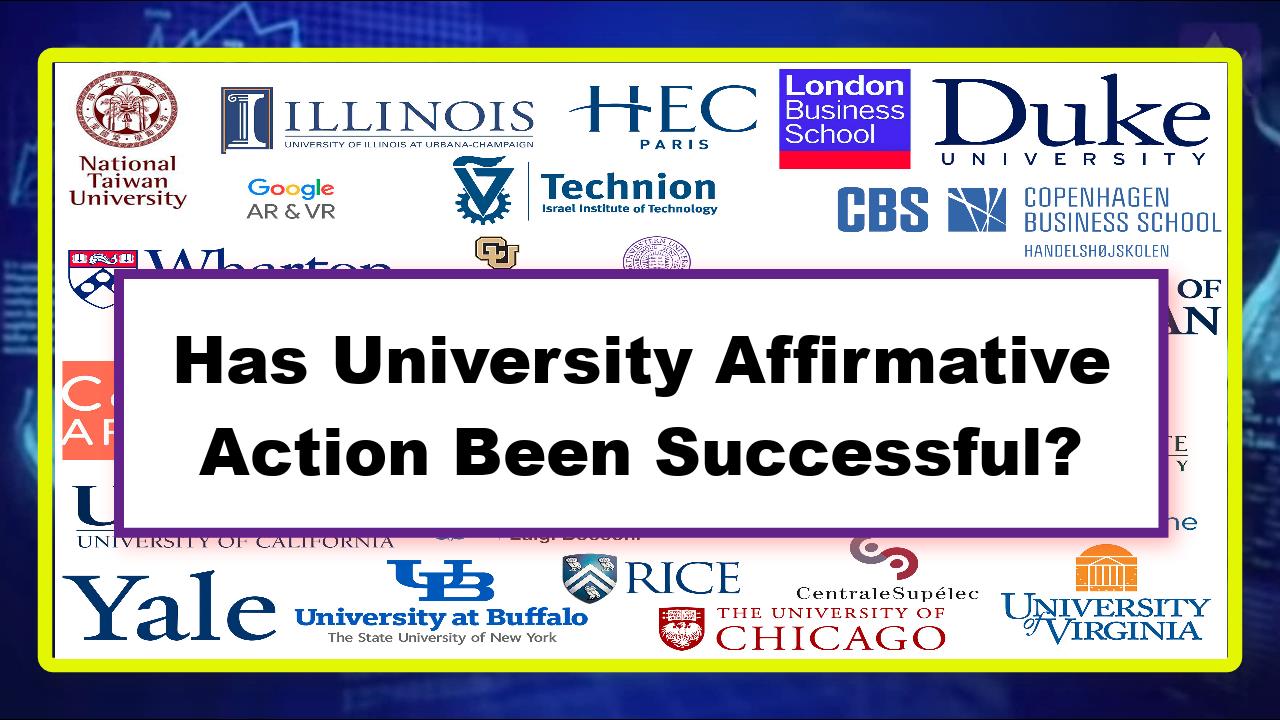Video:
Take our online poll:
AI Analysis:
The question of whether affirmative action has been successful over the past 40 years is a complex and controversial one. Advocates argue that it has played a crucial role in promoting diversity and addressing historical injustices. They point to increased representation of marginalized groups in education, employment, and other sectors as evidence of its success. Affirmative action policies have helped create opportunities for individuals who may have otherwise faced barriers due to systemic discrimination. Moreover, it has helped challenge prevailing biases and stereotypes by promoting a more inclusive society.
On the other hand, critics argue that affirmative action has not achieved its intended goals and has instead perpetuated reverse discrimination. They claim that it undermines meritocracy and fairness by prioritizing individuals based on their race or gender rather than their qualifications. Critics also argue that affirmative action can lead to stigmatization and can breed resentment among those who feel they have been unfairly treated. Additionally, some studies suggest that the long-term effects of affirmative action are mixed, and it may not have successfully addressed the root causes of inequality.
Overall, the success of affirmative action is subjective and varies depending on one's perspective and the specific context in which it is implemented. While it has certainly created opportunities for marginalized groups and contributed to greater diversity in certain areas, its effectiveness in achieving long-term equality and addressing systemic discrimination remains a topic of ongoing debate. Evaluating the impact of affirmative action requires careful consideration of its benefits and drawbacks, as well as a commitment to continually reassess and refine policies to ensure they are achieving their intended goals.
References:


Comments